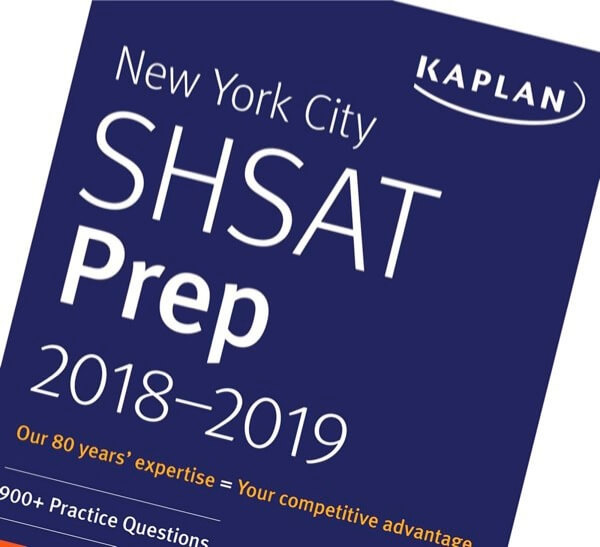By Mark Hallum
A plan from the mayor to phase out the use of the Specialized High School Admissions Test was announced to diversify the student population at the nine elite high schools across the city, where minorities make up only 9 percent of the student population.
But the plan, which would require passage in the state Legislature, did not gain traction with many members of the Legislature from Queens who said a better route would be more services that prepare students for the exam, among other reasons.
Gov. Andrew Cuomo told NY1 he would not support any legislation to eliminate the SHSAT, which is blind to race and gender as it tracks the highest scores.
“The idea we put forward is, of course, phase one with the Discovery Program to increase right away the number of kids who are disadvantaged who get in even with the current test system. But the real goal, and the thing we need legislation for, would be to change the entire system,” Mayor Bill de Blasio said in an interview Tuesday on New York 1. “Junk the test. Get rid of it. Go with a system based on grades and based on performance on something much more universal, which are the state exams that all kids take, every single kid takes, in math and in English. Combine those results to get a real composite of how a child has done,”
Phasing out the test over a three-year period would boost black and Latino acceptance to specialized high schools to 45 percent compared to the current 9 percent, according to de Blasio, and 62 percent of offers would go to female students as opposed to the current 44 percent.
State Assemblyman Edward Braunstein (D-Bayside) joined others lawmakers in Queens claiming it was too late in the session to “rush through” new proposals and that alternative efforts need to be taken to ensure equal representation in specialized high schools.
The bill, A10427A, is currently in the committee stage of the process.
“While more needs to be done to increase diversity in specialized high schools, that should begin with a more robust effort to provide students in underrepresented communities with the assistance they need to gain admission,” Braunstein said. “The Department of Education must increase efforts to educate families about the admission process to specialized high schools, as well as expand the availability of free or low-cost test prep classes. Additionally, the mayor’s proposal to limit the number of seats available at specialized high schools for private school students is arbitrary and unfair to thousands of taxpaying families in New York City.”
Braunstein’s GOP challenger in the upcoming election, David Bressler also came out in favor of not abolishing the SHSAT.
State Sen. Toby Stavisky (D-Flushing) said the mayor’s proposal was not only offensive, but overlooked better options such as a bill she is co-sponsoring that would provide a sample of the SHSAT to students so they can learn where improvements need to be made before taking the test.
“To assume African-American and Latino students cannot pass the test is insulting to everyone and educationally unsound,” Stavisky said. “To suggest low-income students do not do well on the exam is just not true. Many Asian-American students come from families who live in poverty. The implication of the [Chancellor Richard Carranza’s] comments are that a percentage system is preferable. I disagree. There are better solutions to the lack of diversity in specialized high schools.”
State Assemblyman Ron Kim (D-Flushing) said the majority of his constituents, primarily described as Asian-American of low-income status, claimed they do not feel included in the decision to eliminate the SHSAT and he would not be backing the bill to do so.
The city Department of Education released figures in March under the watch of former Schools Chancellor Carmen Fariña claiming the number of students taking the SHSAT has risen over years prior due to engagement through DREAM Intensive, a free after-school program.
“As a lifelong educator, a man of color, and a parent of children of color, I’m proud to work with our mayor to foster true equity and excellence at our specialized high schools,” Carranza said Sunday. “With the partnership of the state Legislature, we’re going to live up to what our public schools and what New York City are truly about – opportunity for all. This is what’s right for our kids, our families, and our city.”
About 28,300 eighth graders took the SHSAT this year compared to the 27,900 in 2017, according to the Dept. of Education, and DREAM Intensive saw 670 students join their program, over 300 more than in the year prior.
Reach reporter Mark Hallum by e-mail at mhall



































